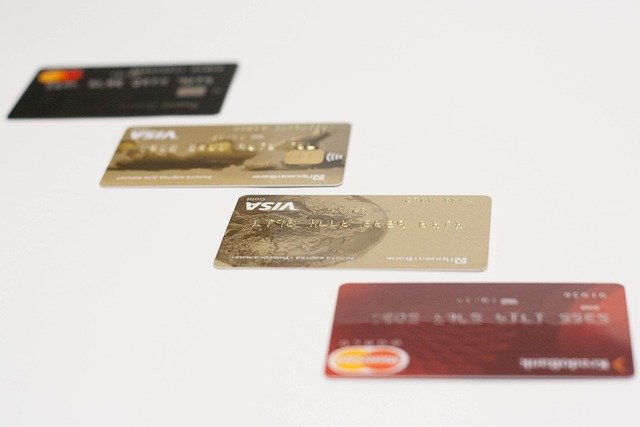Credit Cards: Understanding the Basics and Maximizing Benefits
Credit cards have become an integral part of modern financial life, offering convenience, security, and potential rewards. These small plastic or metal cards allow users to make purchases or withdraw cash on credit, with the agreement to repay the borrowed amount later. While credit cards can be powerful financial tools when used responsibly, they also come with potential risks and complexities that consumers should understand.

The key components of a credit card include the credit limit, which is the maximum amount you can borrow, and the interest rate, often expressed as an Annual Percentage Rate (APR). Understanding these elements is crucial for managing your credit card effectively and avoiding excessive debt.
What are the benefits of using credit cards?
Credit cards offer several advantages that make them attractive to consumers. Firstly, they provide a convenient and secure way to make purchases, especially for online transactions. Many credit cards also offer rewards programs, allowing users to earn cashback, points, or miles on their spending.
Additionally, credit cards can help build and improve your credit score when used responsibly. A good credit score is essential for future financial endeavors, such as obtaining loans or mortgages. Some credit cards also offer additional perks like travel insurance, purchase protection, and extended warranties on items bought with the card.
What are the potential drawbacks of credit cards?
While credit cards can be beneficial, they also come with potential risks. The most significant danger is the accumulation of high-interest debt. If you consistently carry a balance on your credit card, the interest charges can quickly add up, making it challenging to pay off the debt.
Credit cards can also tempt users to overspend, leading to financial stress and difficulty managing monthly payments. Moreover, late or missed payments can negatively impact your credit score, potentially affecting your ability to obtain credit in the future.
How can you choose the right credit card?
Selecting the right credit card depends on your financial situation, spending habits, and goals. Consider factors such as the annual fee, interest rate, rewards program, and additional benefits when comparing cards. If you frequently travel, a card with travel rewards and no foreign transaction fees might be ideal. For everyday purchases, a cashback card could be more beneficial.
It’s also essential to assess your credit score before applying, as different cards cater to various credit profiles. Those with excellent credit may qualify for premium cards with better rewards and lower interest rates, while those with limited credit history might need to start with a secured credit card to build their credit.
What are some tips for responsible credit card use?
Using credit cards responsibly is key to maximizing their benefits while avoiding potential pitfalls. Here are some essential tips:
-
Pay your balance in full each month to avoid interest charges.
-
Always make at least the minimum payment on time to maintain a good credit score.
-
Keep your credit utilization ratio (the amount you owe compared to your credit limit) below 30%.
-
Regularly review your statements for unauthorized charges or errors.
-
Avoid using credit cards for cash advances, which often come with high fees and interest rates.
-
Don’t apply for multiple cards in a short period, as this can negatively impact your credit score.
How do credit card approval processes work?
Credit card approval processes involve several factors that issuers consider when evaluating applications. The primary elements include your credit score, income, employment status, and existing debts. Issuers use this information to assess your creditworthiness and determine whether to approve your application and what terms to offer.
When you apply for a credit card, the issuer will typically perform a hard inquiry on your credit report, which may temporarily lower your credit score. If approved, you’ll receive information about your credit limit, interest rate, and any rewards or benefits associated with the card.
Some issuers offer pre-approval processes that allow you to check your likelihood of approval without affecting your credit score. This can be a useful tool for exploring your options without the risk of multiple hard inquiries on your credit report.
Credit cards are powerful financial tools that, when used responsibly, can offer numerous benefits and contribute to a healthy financial life. By understanding how they work, choosing the right card for your needs, and practicing responsible usage, you can harness the advantages of credit cards while avoiding potential pitfalls. Remember to always read the terms and conditions carefully and consider your financial situation before applying for or using a credit card.






